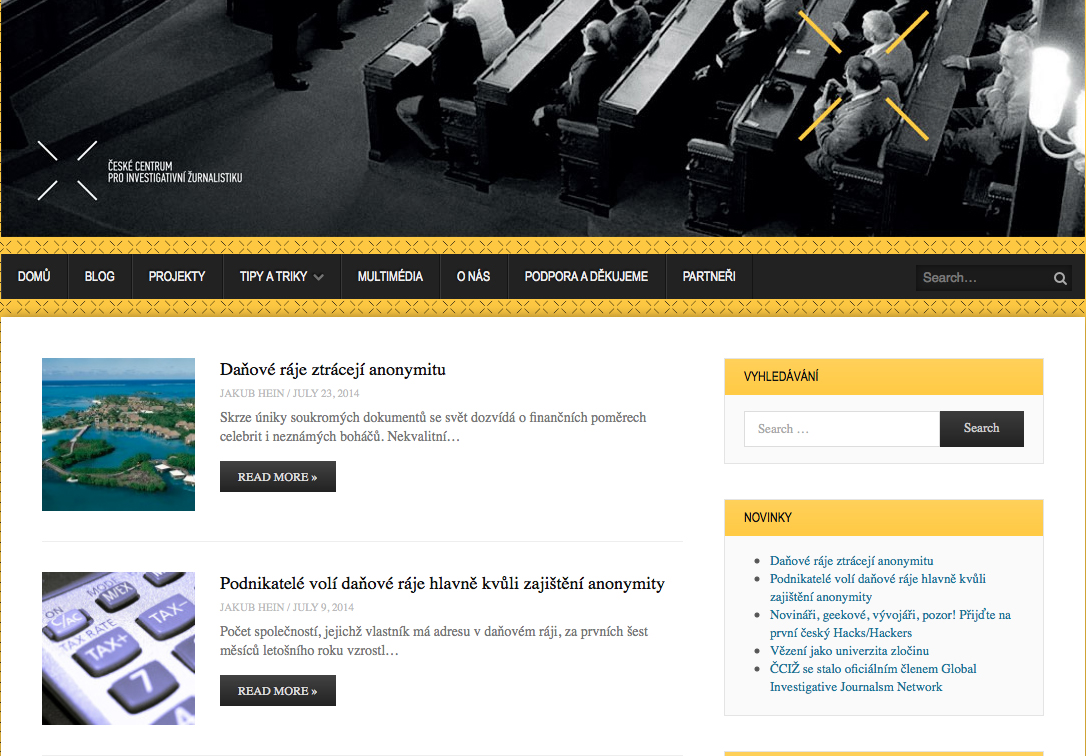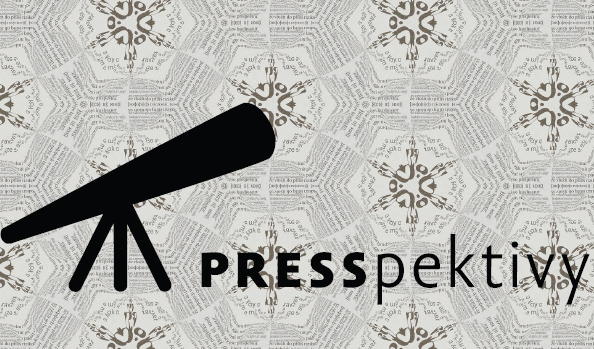Pakistan is conceived and created as a democratic country and named as the Islamic Republic of Pakistan, but its field of information technology, which is regarded as the fourth pillar of democracy has never experienced ‘freedom’ in the true sense.
However, the establishment of private media in the year 2002, marks the advent of partial freedom in the field. In a country like Pakistan, where for that matter, individual freedom is restricted and the powerful institutions try to silence the resilient voices of the society, there started the efforts to promote the concept of controlled media. In the view of which, freedom of speech could be claimed superficially, as all such issues that go in conflict with the interests of competent authorities and government are kept under surveillance.
Governmental Regulations of Media:
In order to stop such news and reports, media forums are given explicit or implicit instructions. Amidst the proliferation of private media channels, a need for authority to regulate media was felt, hence federal institutions like Press Information Department (PID) and Pakistan Electronic Media Regulatory Authority (PEMRA)were established in the year 2002. These departments overall coordinate with newspapers, news agencies, TV channels, and radio.
The government has also issued the Pemra Act 2007, whose principal objectives are to facilitate and regulate the private electronic mass-media industry and to improve the standards of information, education, and entertainment. But these departments have also been used to influence media news reporting by various pressure tactics. Due to these initiatives media’s autonomy started to suffer in the form of bans on the transmission and financial losses but still, there are few departments of media that are struggling hard to bring complete or partial truth to the surface.
Media owned by Business Enterprises
Apart from the governmental or other anonymous pressures, another issue detrimental to media autonomy is Yellow Journalism. Influential and affluent groups in a society run several newspapers and TV channels. Ownership of major media groups by commercial groups might compromise professionalism and experience. Such business tycoons tend to exploit the media’s power to serve their interests (Rasul &McDowell, 2012); (Hussain, 2012) ; (Warrich et. al, 2020).
It is due to yellow journalism that many unlawful activities happen before the government’s eyes but the officials of the relevant departments are incapacitated to take actions against them. Resultantly, the perspectives expressed by these media houses are that of the media financers and not of the citizens and the professional of the field (Hussain, 2012).
Media as the flag bearer of democracy:
In the face of all these problems, journalistic media in Pakistan has been striving hard to maintain its sovereignty and upholding democratic values and came out successful in getting some success in this regard.
One of the exemplary cases is the successful running of the movement (9 March 2007 – 20 July 2007) for the freedom of judiciary and the reinstatement of then-suspended Chief Justice Iftikhar Chaudhry. The civil society gives credit for this success to the media because notwithstanding huge military pressure, Pakistani media asserted its position and gave full coverage to the lawyers’ campaign and as a consequence, Pakistan achieved this milestone.
The military intervention in state affairs has always been condemned by the media and as a consequence, many famous journalists had to go behind the bars.
Pakistani media has played its diligent role in the advancement of democratic values in the country, it exposed social evils and stood for human rights, minority and women rights, abolition of child labor, freedom of speech, and raising voice against injustice and its services have been acknowledged many times by international journalists‘ organizations e.g. ‘The most resilient journalist award (2016), IPI award (2019), etc.
Investigative journalism
In the past 10 years, another branch of journalism that has trended high in the field is investigative reporting. This is a tough branch of journalism as the journalist has to work solely on a particular issue for a long time, it may take several months and years.
Pakistani journalists have shown their mettle in this branch by bringing out the heinous hidden crimes of the elite class to the surface and earned national and international acclamation. e.g., Chief Justice Chaudhry’s son case, Justice Dogar’s daughter case, Pervez Musharraf case, and Maulana Fazal ur Rehman case to name a few. Few major journalists in this category are Umer Cheema (International Press Freedom Award, Tully Center Free Speech Award of Syracuse University 2011), Ansar Abbasi, and Arshad Sharif (Agahi Award for journalism 2012, Pride of Performance award in 2019 by the President of Pakistan ).
One of the positive impacts of investigative journalism on society is the spread of social and political awareness among the masses about how the use of power and position is exploited and national wealth is plundered. This increased awareness consequently developed a sense of reaction among citizens which resulted in 2018 Election outcomes. Nevertheless, investigative journalism in Pakistan has a long way to go to reach international standards.
New rulings for Social media
Along with mainstream media, the use of social media is also expanding and impacting society deeply. In Pakistan, the majority of the general public uses YouTube, Twitter, and Facebook to get information, express their thoughts and its propagation.
However, the dark side of social media use, which Pakistan is facing like the rest of the world is the use of fake news and rumors to achieve certain malicious motives. The government of Pakistani has indicated that the constitutions regarding social media regulation are underway, which will guarantee an authentic regulation and checks on privacy abuse. Thus the new set of regulations gives the government more control over how Pakistanis can use social media.
Conclusion
The aforementioned survey of the challenges faced by media in rolling out democracy undoubtedly demonstrates Pakistani media as a strong pillar to uphold democratic culture in the country. Journalistic media is a beacon of light for the penetration of democracy as professional, investigative, and traditional journalism is getting new dimensions.
Owing to progressive journalistic media, Pakistani citizens are being educated about identifying their rights and duties hence ensuring a promising future for a better democratic social structure, individual autonomy, and mature attitudes.
Acknowledgement: This analytical essay is the outcome of the author’s discussion on the topic of ‘ Role of journalistic media for the development of democracy in Pakistan’ with the journalist, Ejaz Ahmed Abbasi, JANG News Pakistan.
Tags:Democracy, investigative journalism, media autonomy, media in Pakistan, media ownership, media regulatory authority, social media rulings














